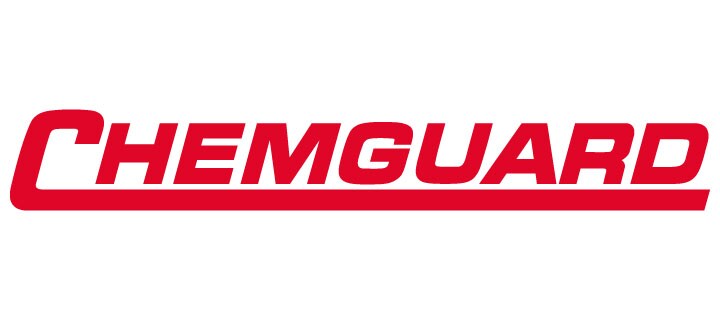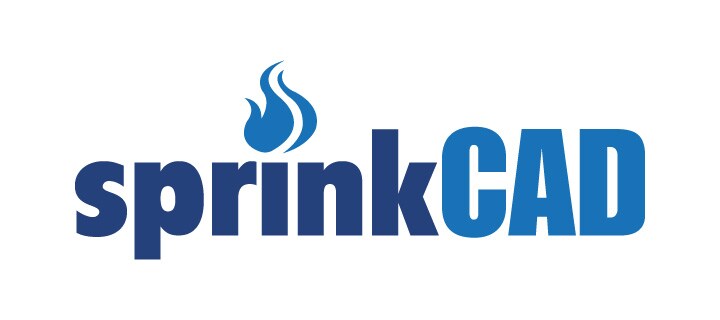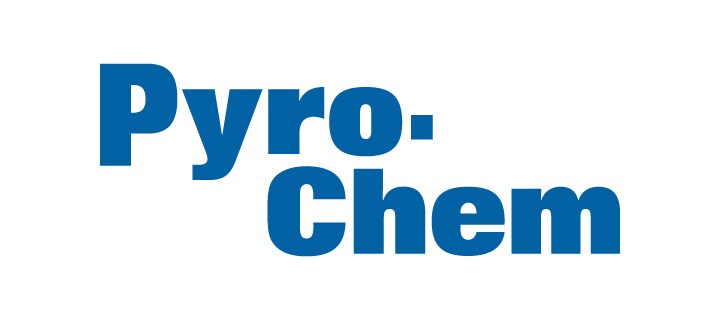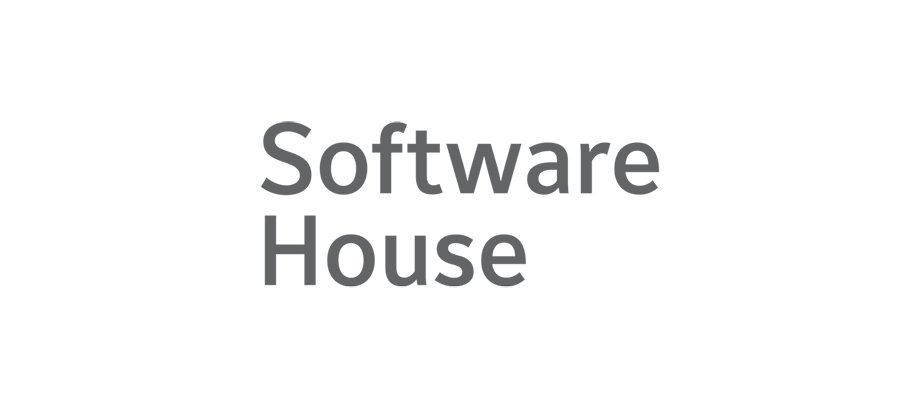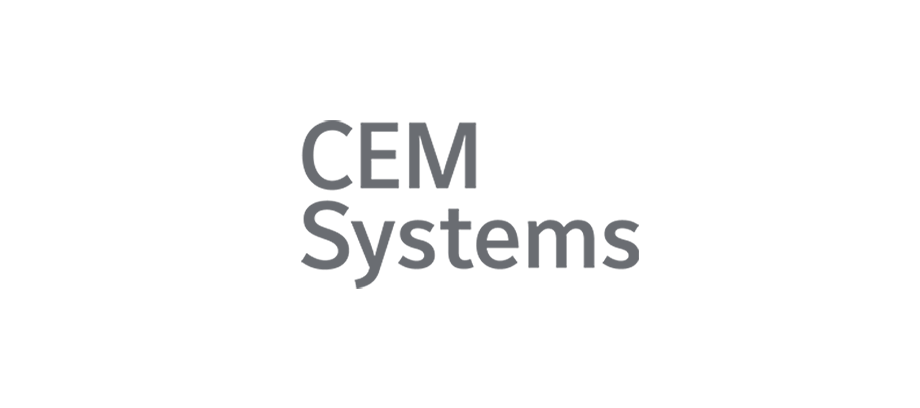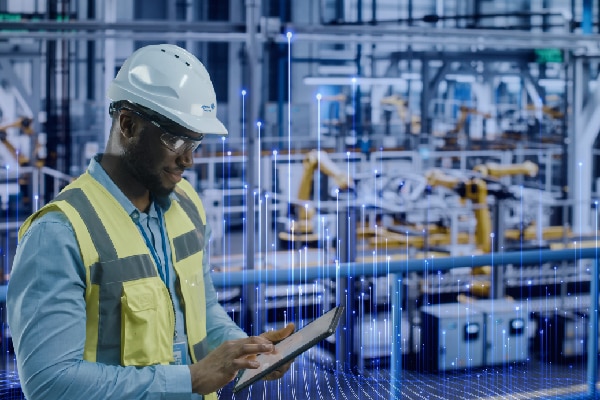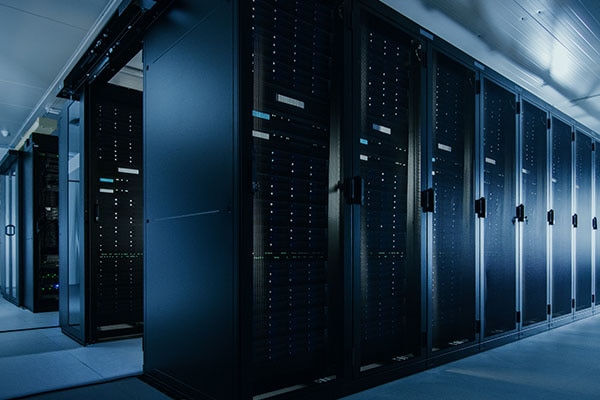Is it Time to Make Your Building Smart?
Are your business goals being held back by your building? A new study from Forrester Consulting highlights a lack of integration between building systems and equipment that is harming the profitability of many businesses. Is now the time to make your building smart and turn this trend around?
In their study, Forrester Consulting, in collaboration with Johnson Controls, found that 90% of respondents said their building systems and equipment are not fully integrated which is costing their businesses time, people and money. This lack of integration is causing 67% less efficiency, 62% less employee loyalty and 52% less revenue.
This is where a smart building can truly show its value. When money talks, smart buildings listen.
Smart buildings are designed to align with the financial objectives of your business, impact your bottom line and deliver measurable outcomes including:
1. Productivity improvements
2. Smart, cost-saving operations
3. Improved energy-efficiency with impactful investment
By leveraging advanced data collection and award-winning AI, your organisation can integrate your building systems and equipment, transform performance and deliver on these three goals.
Productivity Improvements
Enhancing employee productivity is crucial for your company’s financial success. Creating a smart building environment that fosters productivity and well-being is essential.
By analysing how employees interact within your building, you can achieve significant savings. A mere 1% improvement in employee health, well-being, and productivity due to better air quality can have a financial impact equivalent to the annual utility bill of an average building. Improving indoor air quality can lead to up to an 11% increase in productivity.
Smart buildings enhance operational efficiency by offering flexible spaces that can be easily reconfigured to meet various needs, whether for business, work, or entertainment. Integrated solutions allow you to monitor occupancy and equipment usage, optimising space utilisation and boosting your return on investment.
Utilise solutions like OpenBlue to enhance portfolio and facility performance while increasing productivity in your building. According to surveys by Forrester and Johnson Controls, companies expect smart buildings to improve productivity (77%), boost morale (79%), and attract top talent (80%).
Smart, cost-saving operations
Among the companies surveyed, those that have achieved their smart building objectives have reported a 41% enhancement in operational efficiency.
Real-time data visibility across assets, personnel, and processes enables more informed and proactive decision-making. This results in reduced costs for operations, maintenance, and the overall lifecycle of your assets.
In buildings, maintaining uptime is crucial. We offer digital services that integrate technology, advisory, and condition-based maintenance to ensure assets operate optimally, minimising costly downtime for repairs or replacements. Leveraging data and AI, OpenBlue Service Experts can now identify chiller faults 48 hours before they occur.
OpenBlue Enterprise Manager consolidates data from across your building(s) and presents it in a single interface. With an active dashboard, 24/7 data monitoring, and live reporting, you can easily pinpoint performance gaps, identify savings opportunities, and address issues promptly, all through a unified, remote command centre.
Improved energy-efficiency with impactful investment
Smart buildings offer more than just time and cost savings – they also conserve energy and reduce emissions.
Heating, cooling, and ventilation account for over 50% of energy consumption in both residential and commercial buildings. With automated energy management, you can gain precise insights into your building’s energy usage, enabling you to make targeted adjustments and achieve savings.
Begin by understanding your building’s energy consumption, greenhouse gas emissions, and water usage to create a substantial impact. Digital solutions like OpenBlue provide real-time monitoring of building activities, allowing you to:
- Track energy performance gaps
- Identify opportunities for cost reduction
- Detect underperforming systems
- Calculate operational variances
- Simulate central plant performance to gauge your facility’s savings potential
These benefits are not limited to new buildings. Upgrading older building systems and incorporating automation controls can lead to significant efficiency improvements, greatly contributing to environmental sustainability goals. For instance, in a recent project in the US, Johnson Controls collaborated with Cobb County Government to upgrade over a dozen heavily utilised facilities, significantly cutting emissions and reducing utility costs by more than $2 million.
Smart buildings are becoming increasingly vital for companies aiming to attract, serve, and retain customers.
Begin your journey towards a smart, autonomous building today >
















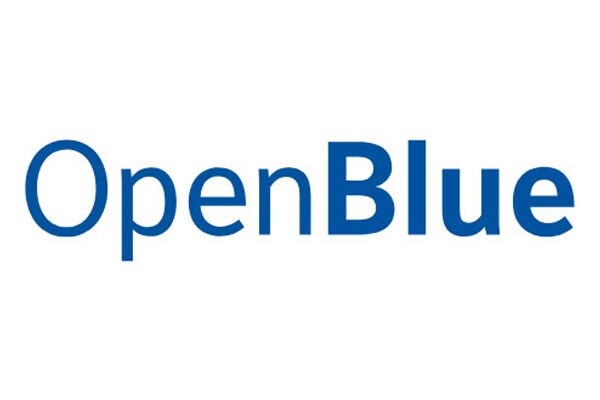
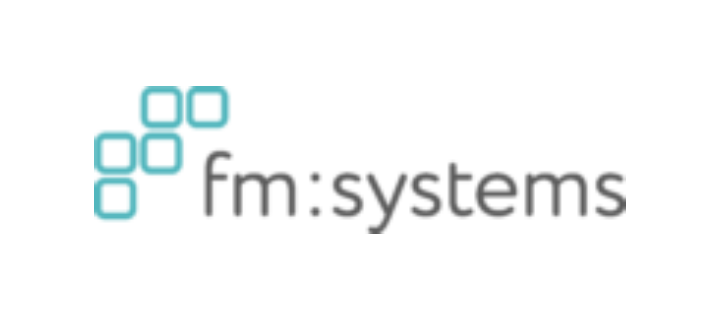
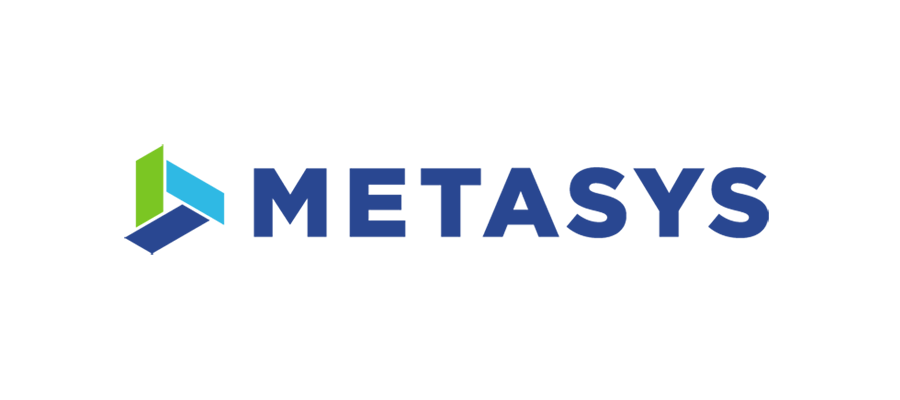


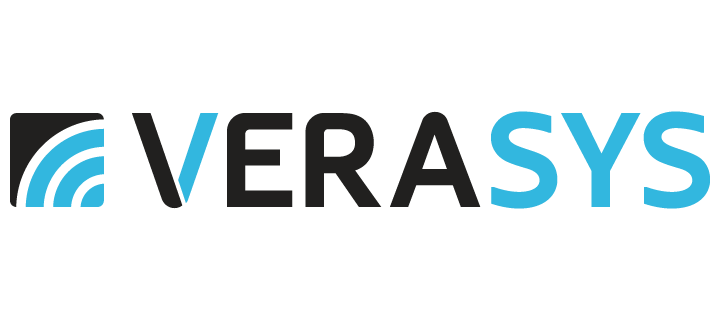



.png?la=en&h=70&w=157&hash=717A494A27ED61C45CEF95AC3A9C6309)

